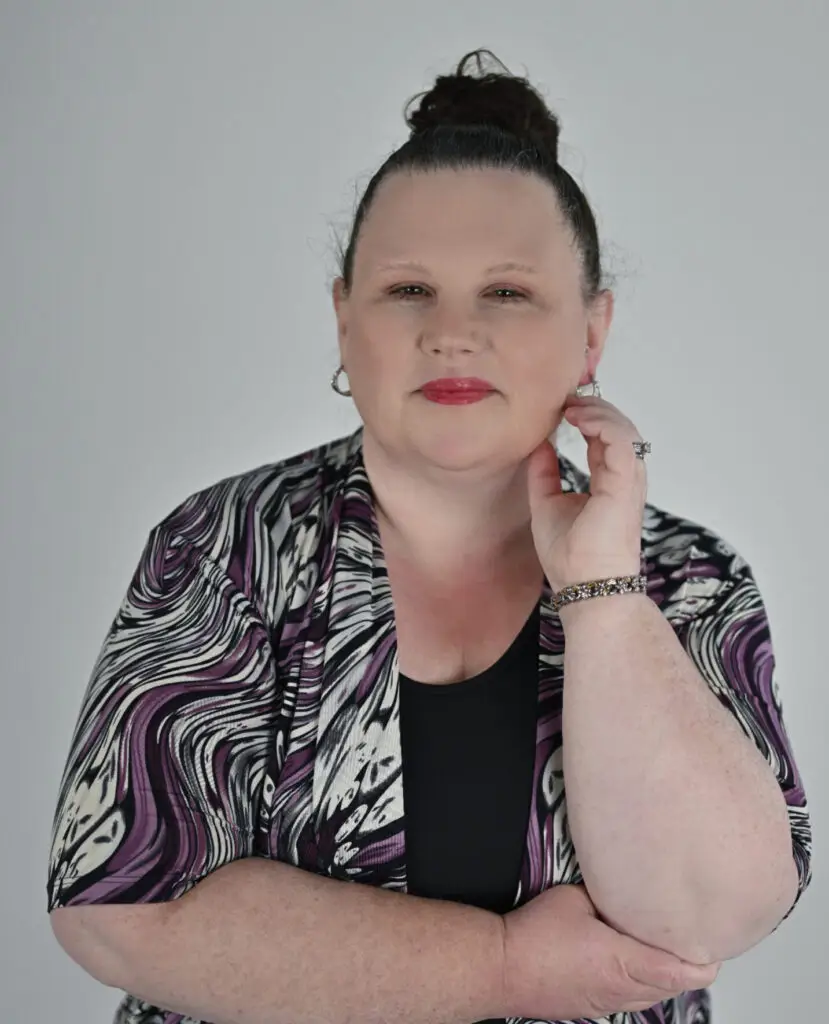When Your Teen Says, “It Was My Fault”
Parents often feel heartbroken hearing their teen say, “It was my fault,” after a relationship that clearly caused pain or harm. You may want to reassure them right away, but underneath that self-blame is often deep confusion and shame.
Teens who have experienced manipulation, emotional abuse, or control often believe they caused it or “should have known better.” These thoughts are common, and they are also reversible with understanding and support.
Why Teens Blame Themselves
Self-blame is a normal reaction to a situation that felt out of control. For many teens, taking responsibility feels safer than facing the truth that someone they cared about intentionally hurt or manipulated them. It gives the illusion of control: “If I caused it, maybe I can fix it.”
Other reasons include:
Grooming and manipulation. The partner may have convinced them that problems were always their fault.
Mixed messages about love. Society often normalizes jealousy or control as passion.
Shame and embarrassment. Teens may feel foolish for “falling for it.”
Desire to protect the partner. They may minimize harm to avoid conflict or judgment.
Developmental factors. Teens are still learning how to process strong emotions and recognize abuse patterns.
Self-blame does not mean your teen lacks awareness or intelligence. It means they are trying to make sense of something painful with the emotional tools they currently have.
Common Parent Questions about Teen Mental Health
Why does my teen protect or defend their partner?
It can be part of trauma bonding or loyalty to the positive moments in the relationship. Teens often cling to the hope that love can repair harm.
Should I correct them when they say it was their fault?
Instead of immediately correcting them, try to listen first. You might say, “It sounds like you feel responsible. Can you tell me more about that?” Listening helps them feel safe to question their own story without shame.
Can therapy really help with guilt and shame?
Yes. Therapy helps teens separate responsibility from manipulation and rebuild their sense of worth. Through trauma-informed care and EMDR, they can process painful memories without reliving them and learn that what happened was not their fault.
How Parents Can Help a Teen Who Feels Responsible
Believe their story. Even if it doesn’t make sense at first, validation opens the door to healing.
Avoid blame or quick advice. Try, “That sounds really hard,” instead of “You should have known better.”
Normalize emotional reactions. Guilt and confusion are natural responses to emotional abuse.
Model self-compassion. When you speak kindly about your own mistakes, your teen learns to do the same.
Focus on safety, not blame. Help your teen shift from “What did I do wrong?” to “What do I need now to feel safe?”
How Therapy Supports Teens in Healing
Therapy gives teens a safe space to process self-blame, rebuild confidence, and understand what healthy love looks like. EMDR (Eye Movement Desensitization and Reprocessing) can help reduce distress linked to guilt and reframe harmful beliefs such as “I caused it” or “I should have left sooner.”
In therapy, your teen learns to:
Recognize manipulation and control
Release internalized shame and guilt
Rebuild self-trust and boundaries
Strengthen emotional regulation
Create a new sense of safety in relationships
Parents are also supported in learning how to respond to their teen’s emotions with empathy rather than fear or frustration.
Key Takeaway
Self-blame after an unhealthy relationship is not a sign of weakness. It is a survival strategy that helped your teen cope with emotional harm. With compassion, education, and the right support, they can learn that what happened was not their fault and that healing is possible.
If your teen is struggling with guilt or confusion after a painful relationship, schedule a consultation to explore how therapy can help them find peace, safety, and self-trust again. I’m here to help you and your teen navigate this.
